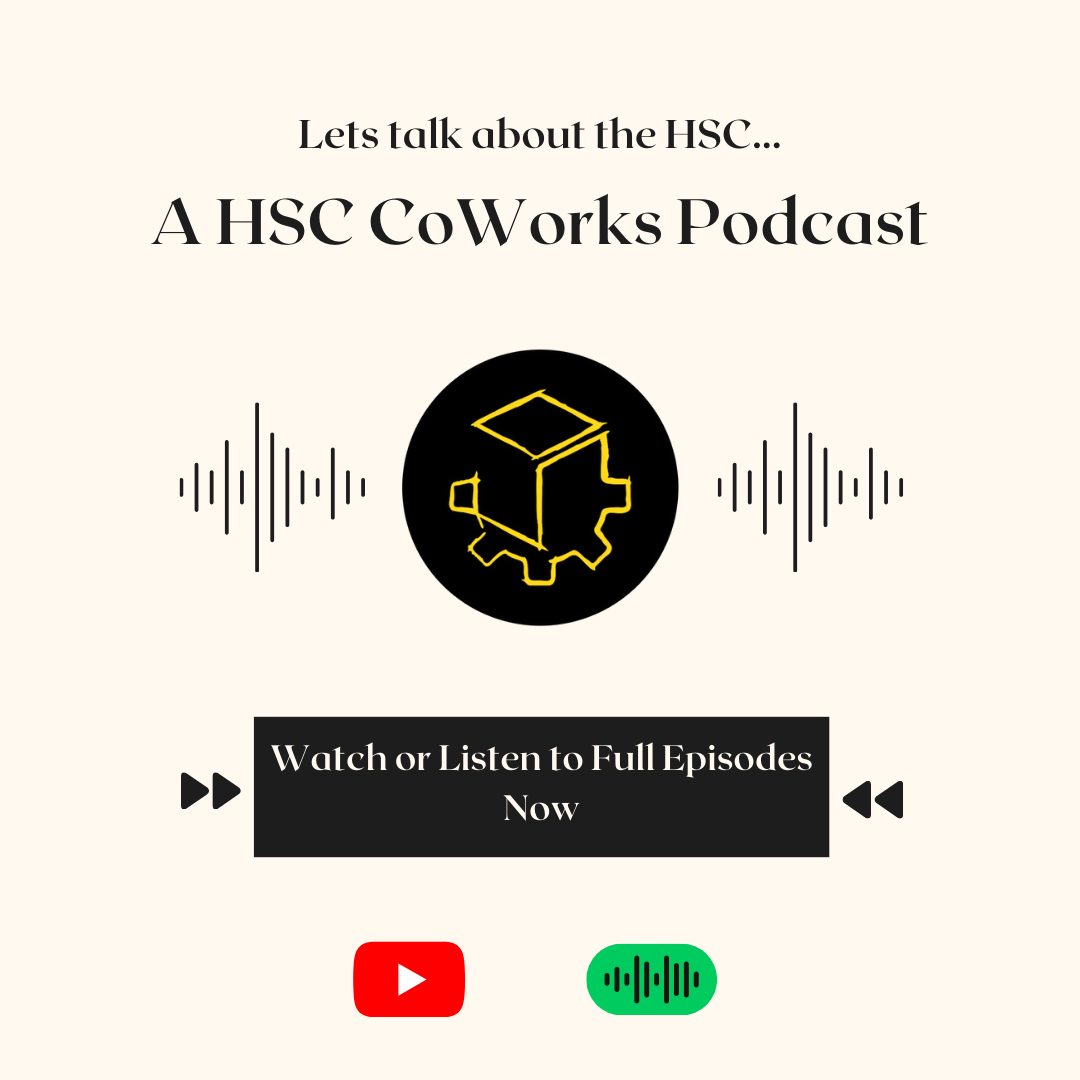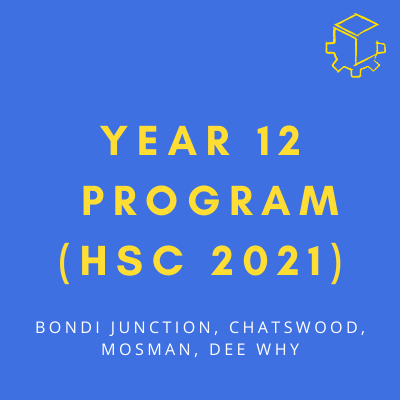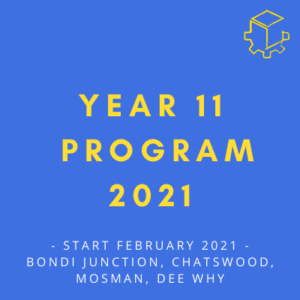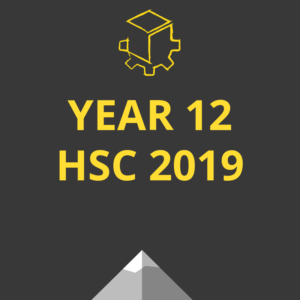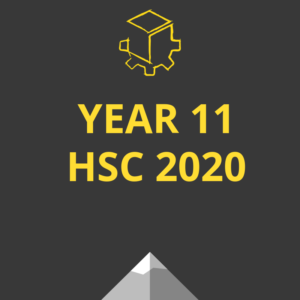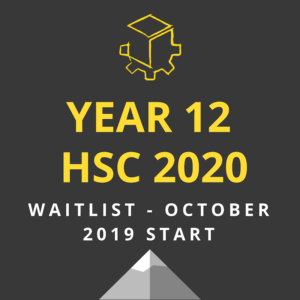Are you in a study rut? Read our tips below on how you can refresh your study routine & increase your effectiveness.
1. Mix it up
Like anything, if you do the same thing over and over, not only will you quickly get bored but you will become less effective.
Incorporate new ways of studying into your routine. Try to educate a family member in an English text you are studying (this will test your understanding), Watch the news & read relevant publications to support your learning (not the Sun Herald!). Articles found in the Financial Review, The Economist and Sydney Morning Herald will keep you educated on current events and global policy. It is this level of knowledge which will help you get the extra marks and also keep the content relevant and interesting!
2. Have a plan
Ever finished a study session and then realised that you didn’t achieve what you wanted to. Actually, you don’t even know what you wanted to achieve in the first place! It is critical that you go into each study session with a clear vision of why you are doing this, a goal of what and how long you want to study for and also what you want to achieve.
– Example –
VISION: I am dedicating my Sunday to study because I want to achieve an awesome ATAR which will get me into my dream University course. I want to be at University next year, attending lectures, meeting new people and knowing that I gave it my “all” to be there.
GOAL: Today I will dedicate 4.15 hours to my study. 2 x 2hr sessions with a 15minute break in between each session.
Session 1 – I will write 1 creative writing piece and 1 Discovery essay and submit these to the markers at HSC CoWorks.
Session 2 – I will spend 30 minutes reviewing my notes for Business Studies, 30minutes creating a mind map and 60minutes responding to 2 short answer questions before submitting these to the markers at HSC CoWorks.
3. Interval Training
Just like an athlete will complete interval training to challenge themselves, internal training can also work for the mind. An example of this is the Pomodoro technique, which teaches you to work with time, instead of struggling against it.
- Choose a task
- Allocate 25 minutes to that task
- Immerse yourself for 25 minutes, no distractions, no stopping
- Once the 25 minutes is finished, take a short break no longer than 5 minutes
- Set the timer and go again!
- You should be completing at least 6-8 rounds at each session.
4. Reward yourself!
That’s right, it is important to acknowledge and reward yourself for a job well done. If you achieved what you wanted to, great work! Maybe you can reward yourself by enjoying a night out at the movies or a swim at the beach. But don’t forget to also think about how you can stretch and challenge yourself for the next session. If you didn’t achieve what you set out to, take 15 minutes to understand why. Did you let distractions get in the way, did you not dedicate enough time, were your studying ineffectively?


